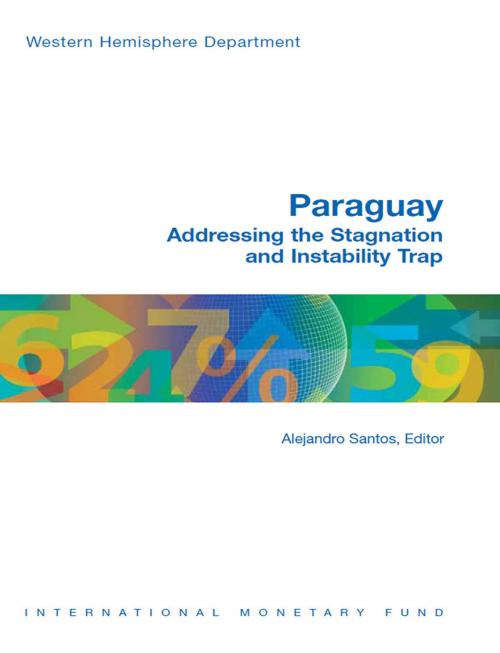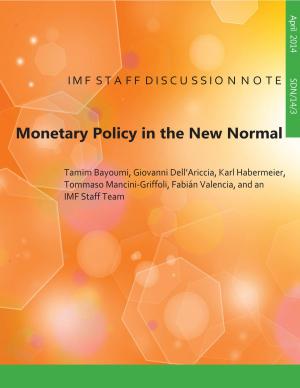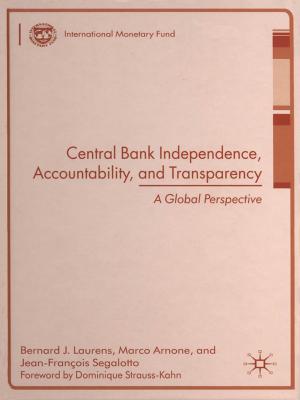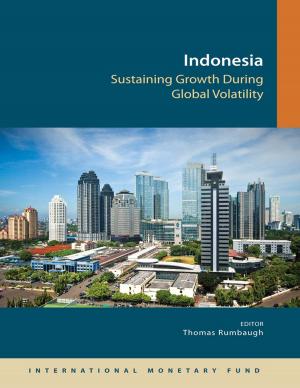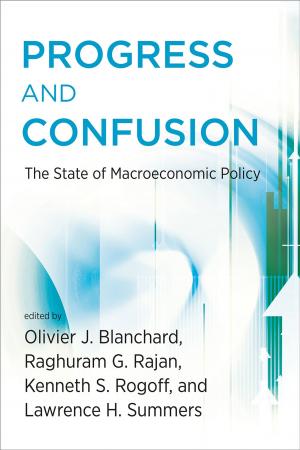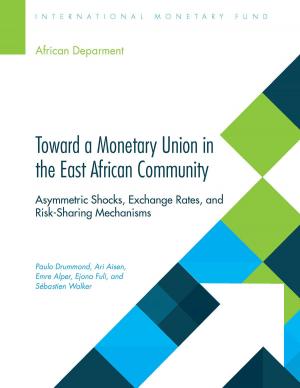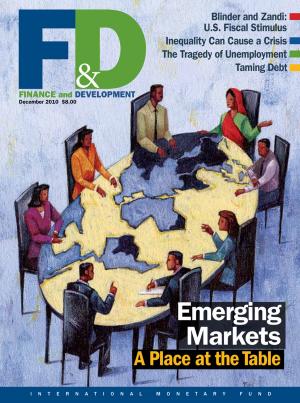Paraguay: Addressing the Stagnation and Instability Trap
Business & Finance, Economics, International Economics, Nonfiction, Social & Cultural Studies, Political Science, Politics, Economic Policy| Author: | Alejandro Santos | ISBN: | 9781452774558 |
| Publisher: | INTERNATIONAL MONETARY FUND | Publication: | December 7, 2009 |
| Imprint: | INTERNATIONAL MONETARY FUND | Language: | English |
| Author: | Alejandro Santos |
| ISBN: | 9781452774558 |
| Publisher: | INTERNATIONAL MONETARY FUND |
| Publication: | December 7, 2009 |
| Imprint: | INTERNATIONAL MONETARY FUND |
| Language: | English |
Paraguay: Addressing the Stagnation and Instability Trap provides an overview of the analytical insights and policy challenges that a country faces while on the path to sustained growth with stability. It covers a wide range of themes, including improving macroeconomic assessments and policy implementation, eliminating turbulence and deepening financial reforms, and, most important of all, enhancing growth performance and reducing poverty. This book provides useful guidance for policymakers by examining the improvements in policy implementation in Paraguay since the regional crisis of 2002. The chapters discuss how to correct economic imbalances and institutional shortcomings in the context of an economic reform program. The results have been impressive with the Paraguayan economy experiencing the highest growth in a quarter of a century and the strongest financial system in decades.
Paraguay: Addressing the Stagnation and Instability Trap provides an overview of the analytical insights and policy challenges that a country faces while on the path to sustained growth with stability. It covers a wide range of themes, including improving macroeconomic assessments and policy implementation, eliminating turbulence and deepening financial reforms, and, most important of all, enhancing growth performance and reducing poverty. This book provides useful guidance for policymakers by examining the improvements in policy implementation in Paraguay since the regional crisis of 2002. The chapters discuss how to correct economic imbalances and institutional shortcomings in the context of an economic reform program. The results have been impressive with the Paraguayan economy experiencing the highest growth in a quarter of a century and the strongest financial system in decades.
